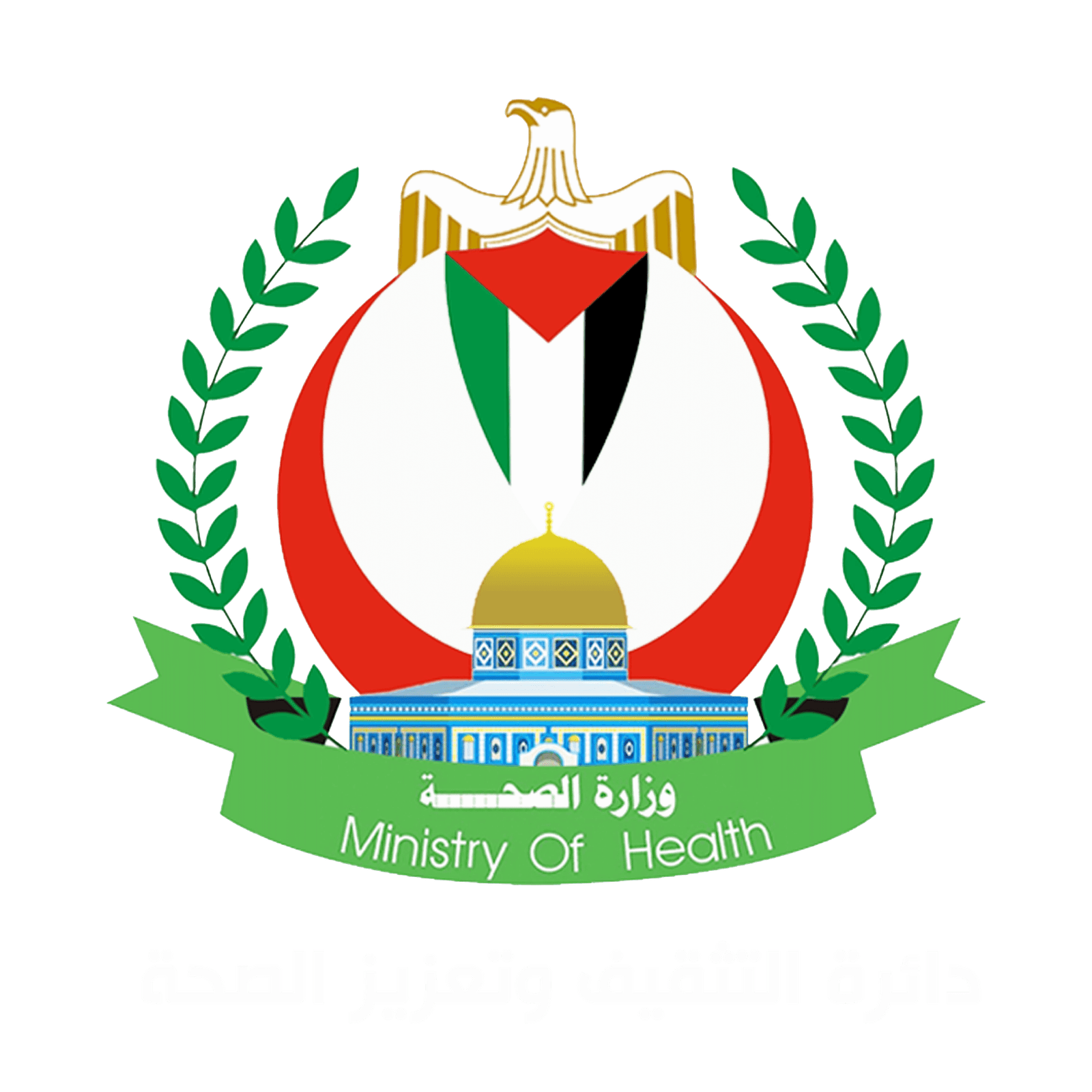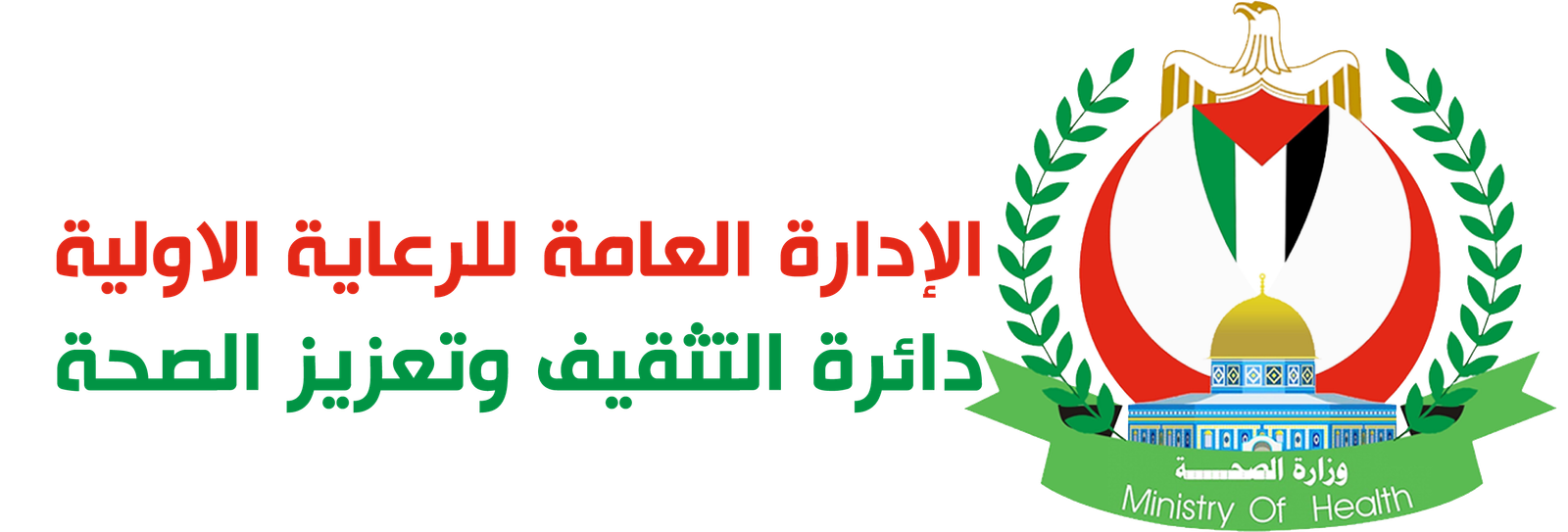ABSTRACT
Breast cancer (BC) is the main common cause of cancer mortality among women in the
world. This study aims at investigating BC epidemiology and identifying the different risk
factors associated and the most affecting ones among women in the Gaza Strip, Palestine.
This study was a hospital-based case-control (1:2), as the study was carried out over the
period of October 2014 to February 2015. A total of 105 BC patients, chosen from Al-Shifa
Hospital in Gaza City and European hospital for the south governorate, were the case and
compared to 209 women as a control group who matched the cases in age, residence, and
with no history of breast problems. The age of the enrolled cases and controlled ranged
between 18 to 60 years. The face-to-face interview was conducted during the patient visit
to the oncology department and the control visit in their home. The result illustrated that
women who had late pregnancy (> 35 years) (odds ratio [OR], 11.56; 95% confidence interval
[CI], 1.64–81.35), or high body mass index (BMI; ≥ 30 kg/m2) (OR, 4.70; 95% CI, 1.62–13.69),
or first-degree family history of BC (OR, 2.7; 95% CI, 1.04–7.20), or hypertensive patients
(OR, 12.13; 95% CI, 1.93–76.10), or diabetic (OR, 6.84; 95% CI, 1.77–26.36) were more likely
to have increased BC risk. The findings of the present study suggest that positive family
history of BC, high BMI, and some common diseases (hypertension, diabetes mellitus) may
be the epigenetic factors promoting the occurrence of BC.
Keywords: Breast cancer; Women; Risk factors; Gaza
INTRODUCTION
Breast cancer (BC) is the main common cause of cancer mortality among women in the world
[1]. Age, and family history are the most critical BC risk factors [2,3]. Among Palestinian
women, it is 30.6 percent of women’s cancer and the incident rate is 78.9 per 100,000 women
in 2014 and increased to 83.9 per 100,000 in 2015 [4,5]. However, few studies have tackled
the risk factors of BC in Palestine [6]. The problem of BC is noticeably growing in developed
and developing countries. In various regions, BC is the most frequently occurring malignant
disease among women and comprises 18% of all female cancer [7]. Annually, a million—new
case of female BC are diagnosed worldwide, most of them are in developed countries [8].
BC is cancer that starts in the cells of the breast in women and men. Generally, it refers
to a malignancy in women that arises from the terminal ductal-lobular units of epithelial
tissue, which represent 10% of the total volume in the mature breast [9]. The proportion
of BC in Palestine is like that in the neighbouring countries unlike to those in Lebanon,
as BC accounts for nearly half of all cancers among Lebanese women [10]. According to
the preliminary interview with the director of women health department doctor Sawsan
Hammad, BC available services in Gaza Strip are 20 mammogram machines distributed all
over Gaza governorates. In this regard, 5 mammogram machines are in governmental service
as 4 are functioning and the 5th is out of order. The remaining 15 mammogram machines are
in the private and non-governmental organization. She added that Ministry of Health (MOH)
services are for free. However, in the private services, the screening mammogram must be
paid, as patients pay from 10–15 USD. Due to certain factors such as; high total fertility rate
(4.6%), high rate of breastfeeding (95.6%) with a mean duration of 10.9 months, young
mean age at first birth (20 years), and no alcohol consumption, the Palestinian women are
protected against BC [6]. However, reports from MOH and other studies concerning the
Palestinian community have shown an increase incidence of BC [4]. Moreover, there are
limited studies and insufficient knowledge about this disease in the developing countries.
It is worth mentioning that risk factors are associated with the development of BC were not
studied before among the women in Gaza after the war 2014.
This study aimed at exploring the various risk factors associated with the development of
BC in women in the Gaza Strip, Palestine. This study may help to understand the interaction
of these factors that find a way for cancer development among the Palestinian women in
order to set guidelines for prevention strategies of BC in Palestine.
Mueen kariri


